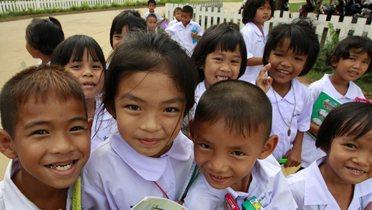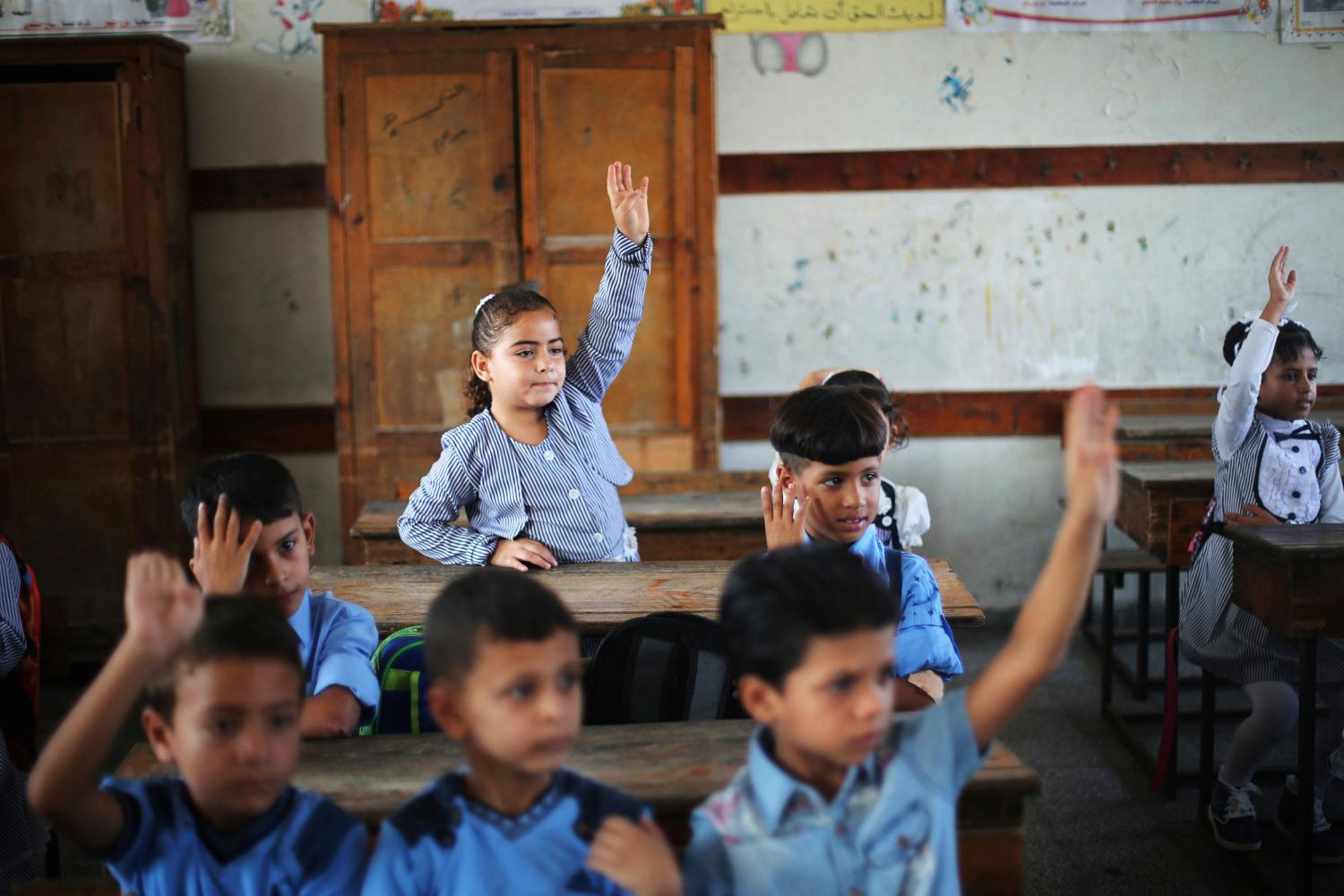INTRODUCTION
We had to leave behind all of our possessions. The only thing we could bring with us is what we have in our heads, what we have been taught—our education. Education is the only thing that cannot be taken from us.
—Woman who fled from Darfur to Chad, 2004 (Women’s Refugee Commission)
Education Is Essential for Development
The case for education, as expressed in the quotation above from a Sudanese woman in Breijing refugee camp in eastern Chad, is simple. First and foremost, education is a fundamental human right and the birthright of every child. It is also the springboard for human development, creating the conditions for progress in health and gender equity and it plays a key role in helping to tackle some of the world’s other pressing challenges such as climate change, food security, and peace building. Economic growth and poverty reduction depend on an educated and skilled workforce.
In developing countries, one additional year of education adds about 10 percent to a person’s earnings. For a woman farmer in Ethiopia, this can mean being able to provide adequate nutrition, health care, and education for her children. There are more young people on the planet than ever before with 1.3 billion of the world’s twelve to twenty-four year olds living in developing countries. Investing in their knowledge, skills, and competencies has been called the “education growth premium” and no developing country has sustained high rates of growth without investing heavily in educating its young people. For example, if all children in low-income countries left school knowing how to read, something which currently does not happen, then 171 million people could move out of poverty. There is broad agreement— and significant evidence—that education enhances people’s ability to lead happier, healthier, and more productive lives.
The Brookings Institution is committed to quality, independence, and impact.
We are supported by a diverse array of funders. In line with our values and policies, each Brookings publication represents the sole views of its author(s).



